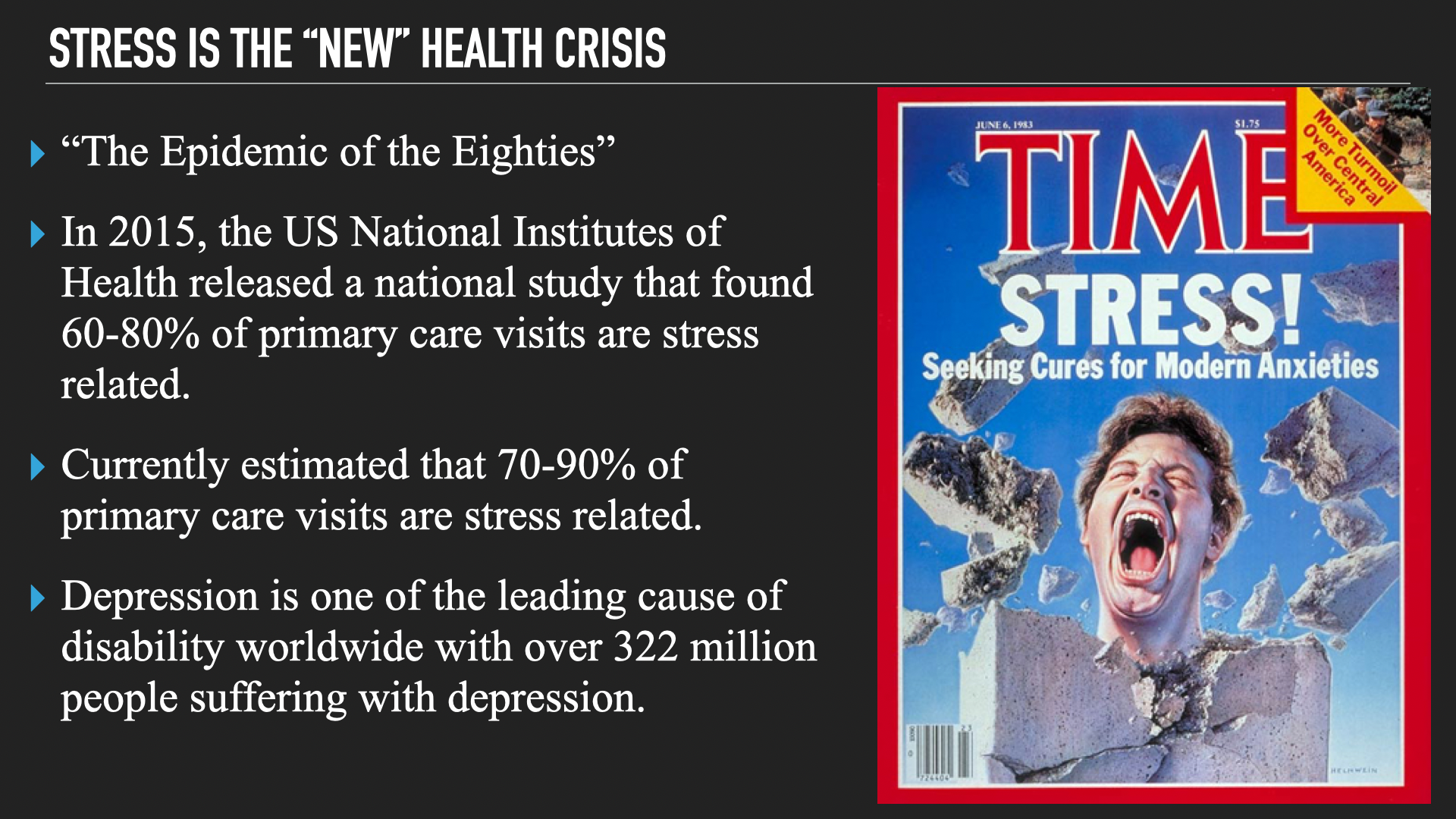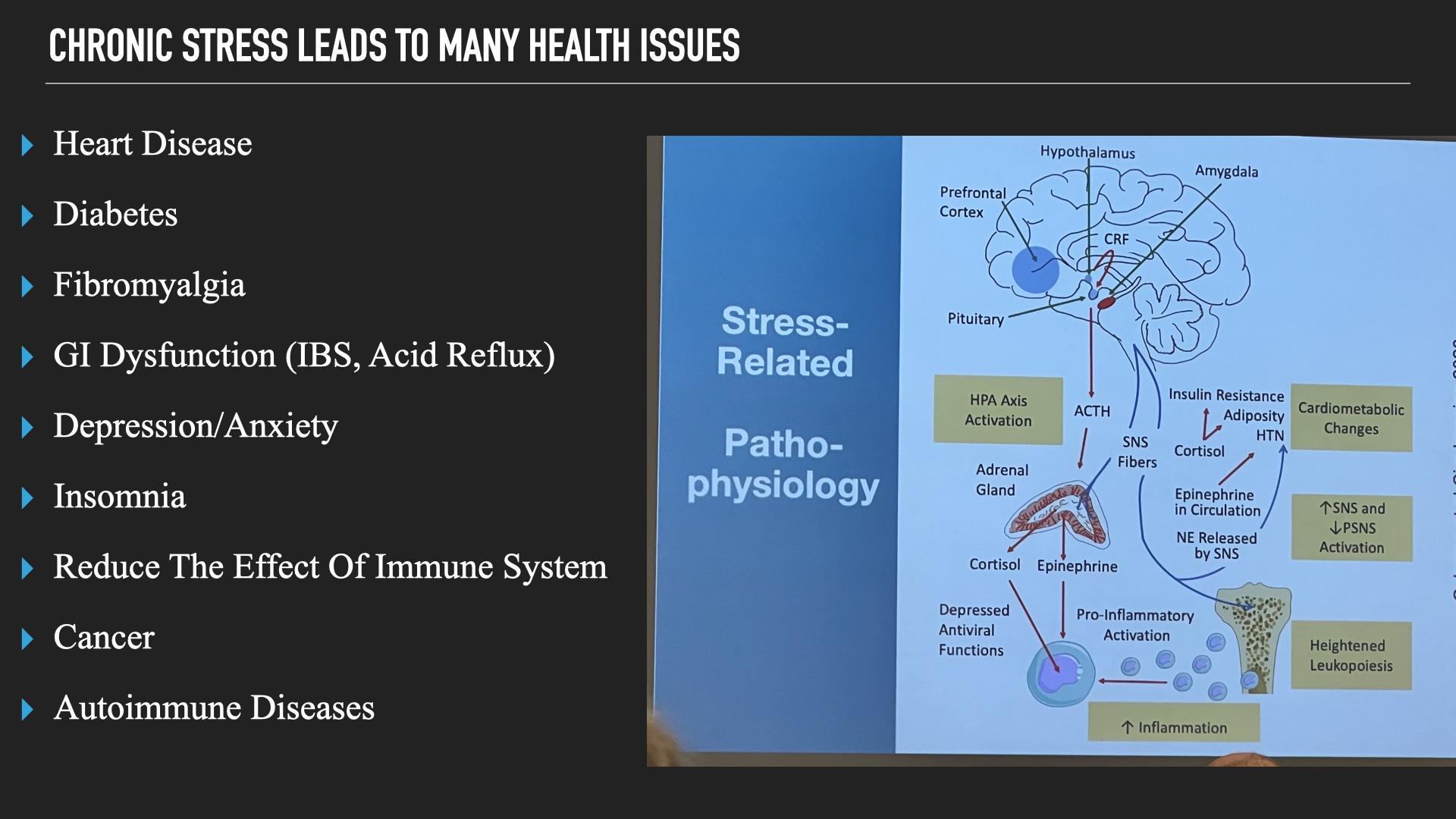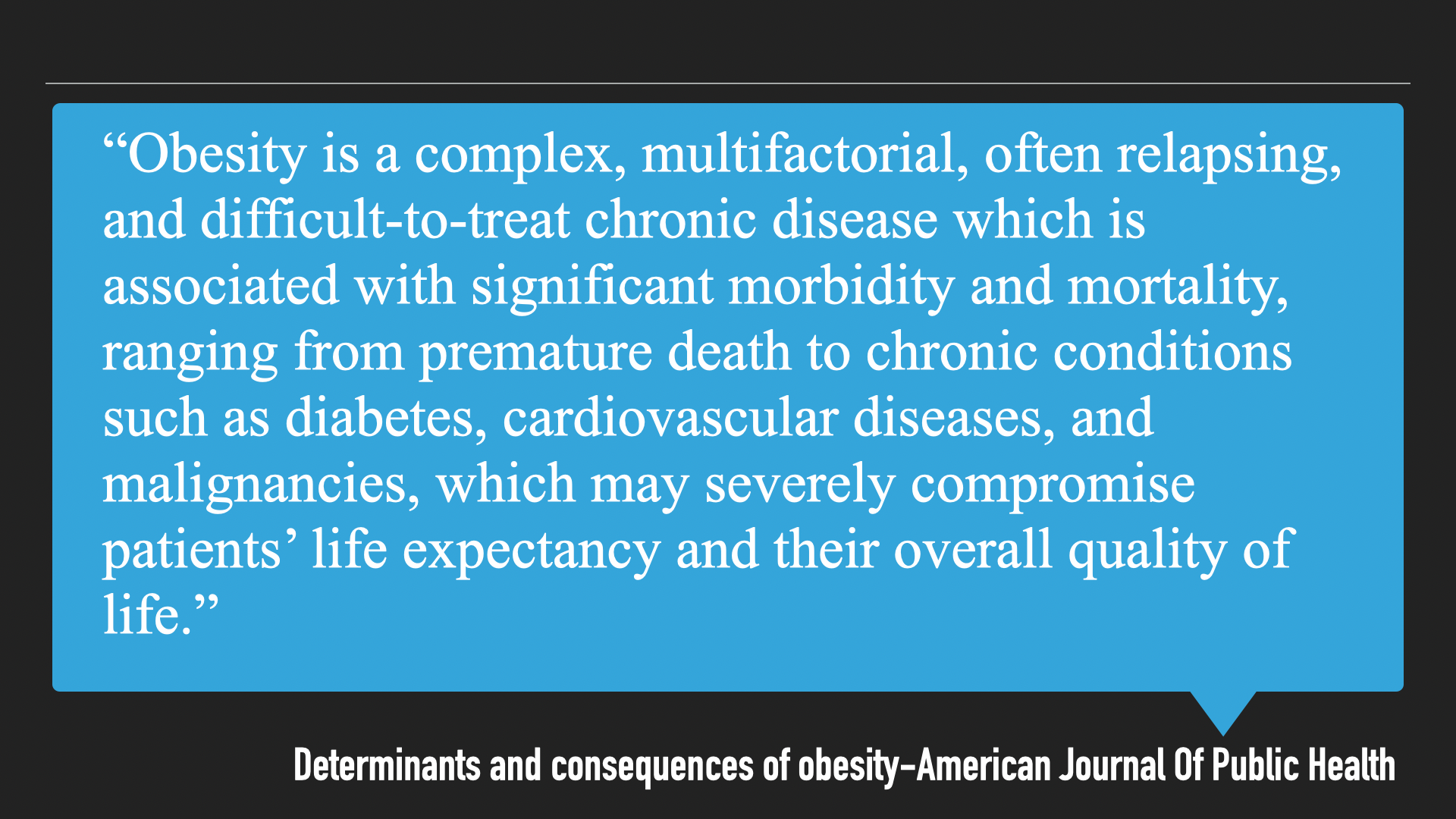Why Fitness Isn’t Helping Fat Loss
2024-08-6
It typically is the number one reason I would see a new client come into the gym. Even if they wanted to achieve some other goal like better energy, help some health issues, reduce aches/pains, fat loss was always attached to these goals. When it comes to fat loss, it makes sense that fitness would be a strong step in the right direction. However, are most fitness programs that successful for fat loss? It is a question we rarely ask and really examine. Just think about some of these stats….
-Obesity in the US in 1990 was around 12% and in 2023 it about 42%
-In 1990, 6.3 million Americans aged 35 to 54 belong to a gym, in 2023 82 million people belong to a gym.
-The fitness industry was worth $30.74 billion in 2021 and expected to grow over 60 billion dollars by 2028
My point? Sometimes we hear that there isn’t enough discussion and focus on healthy eating and exercise, but that doesn’t seem to the case at all. We have almost never had MORE fitness in our lives, yet we continue to be more and more unhealthy as a society. Why is that?
Recently presenting about chronic low back pain at one of the biggest fitness conferences I shared a possible clue. This data shocked many, “Workplace stress also remains at a concerning level, with 77% of workers having reported experiencing work-related stress in the last month. Further, 57% indicated experiencing negative impacts because of work-related stress that are sometimes associated with workplace burnout, such as: emotional exhaustion (31%)”
If you think stress is a new thing, it isn’t, but it IS having a huge impact on our overall health as you can see in the slide below…

Chronic stress causes havoc with ALL systems of our body which is why we often see people that suffer from one chronic illness actually experience several. They may look different, but they have similar underlying causes.

This is where fat loss becomes more interesting too! Research has begun to show that obesity actually has roots in similar issues.

Just being “disciplined” with food and exercise isn’t really addressing the underlying roots that cause so many people to struggle in their goals of fat loss. There is also extensive evidence in science that a major predictor of obesity is scoring high on what are known as Adverse Childhood Experience tests or ACE. What type of evidence? This fascinating review “Adverse Childhood Experiences and Adult Obesity: A Systematic Review of Plausible Mechanisms and Meta-Analysis of Cross-Sectional Studies” explains…
“Early life experiences can leave a lasting signature on genetic predispositions that affect emerging brain architecture and long-term mental and physical health. Trauma has a measurable and enduring effect on the functional dynamics of the brain-body-mind, even in individuals who experience trauma but do not develop posttraumatic stress disorder (PTSD). Efforts to explain the relationship between childhood adversity and adult obesity often focus on stress-induced overeating. Known pathways of association between stress and obesity include childhood poverty, impaired sleep, and embedded neurobiological pathways. Other important avenues include interference with self-regulation and more recently changes in the gut microbiome.”
So, what is the answer? A really interesting in a journal called “Diseases” (well named) has a really compelling suggestion…
“There is accumulating evidence showing that mind–body fitness modalities may induce positive changes in body composition [22,23,24,25], physical fitness [26,27], cardiovascular disease risk factors [13,28,29,30,31], chronic pain [32,33], and mental health [34,35] in several populations, including those affected by obesity. Hence, mind–body fitness has been defined as a component of integrated therapeutic or preventive interventions for those struggling with obesity or/and other common lifestyle-related chronic diseases [36]. Interestingly, such alternative exercise approaches appear to be effective for eliciting beneficial alterations in weight-related outcomes [22,24] in individuals with obesity. This fact is important considering the increasing popularity of mind–body fitness in the health and fitness industry, showing that regular users are primarily interested in improving health and managing body weight [37]. Given that persons with obesity commonly demonstrate physical limitations, movement dysfunctions, postural deviations, and poor stamina [4], mind–body fitness programs appear to be user-friendly and pain-free exercise strategies for this underserved population seeking for an inclusive exercise environment.”
Now, am I asking that you abandon all your training for people and ONLY do mind-body practices? No, you don’t have to make such a commitment like this to achieve benefits. However, these types of practices SHOULD be reflected in your training. What are some good examples?
Check out how we can use these strategies to create better solutions for those that want to improve not just their fat loss, but their overall quality of life using our Myofascial Integrated Movement system HERE (you can also check out our Mobility Balls HERE)
© 2026 Ultimate Sandbag Training. Site by Jennifer Web Design.







